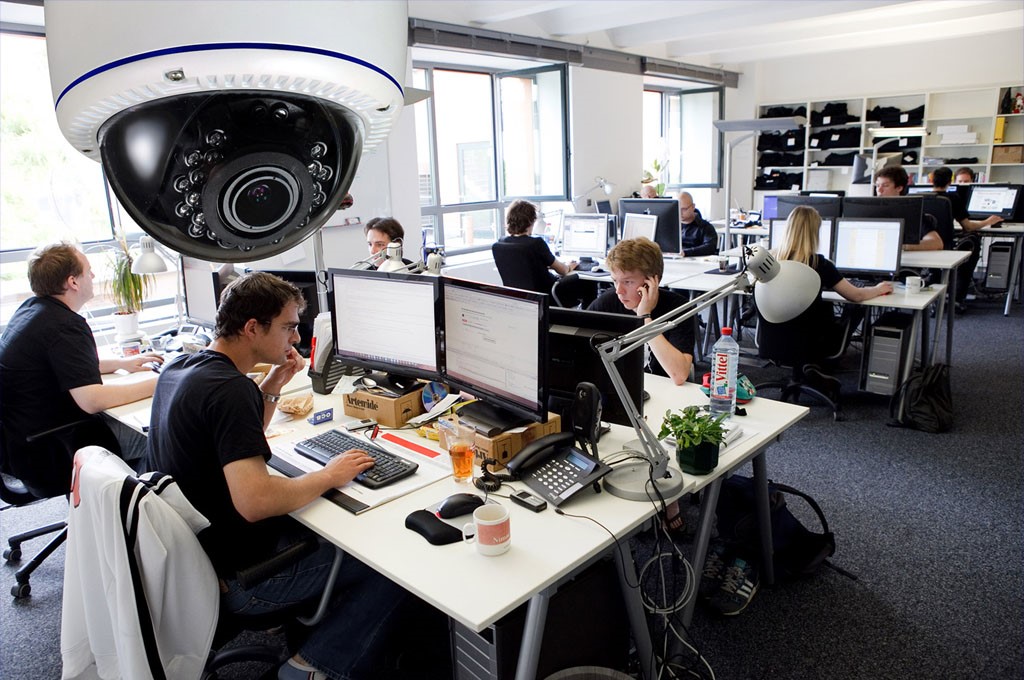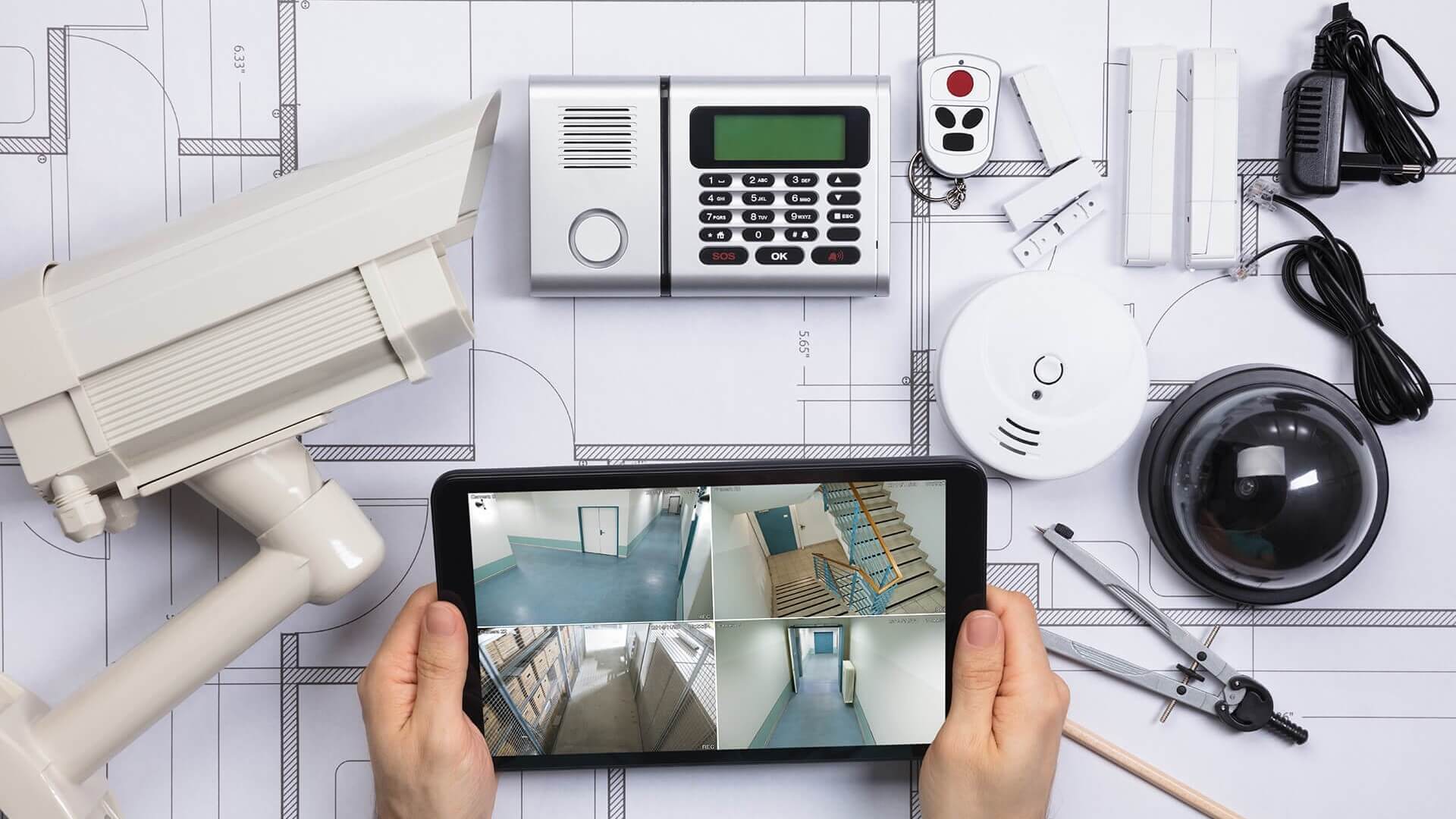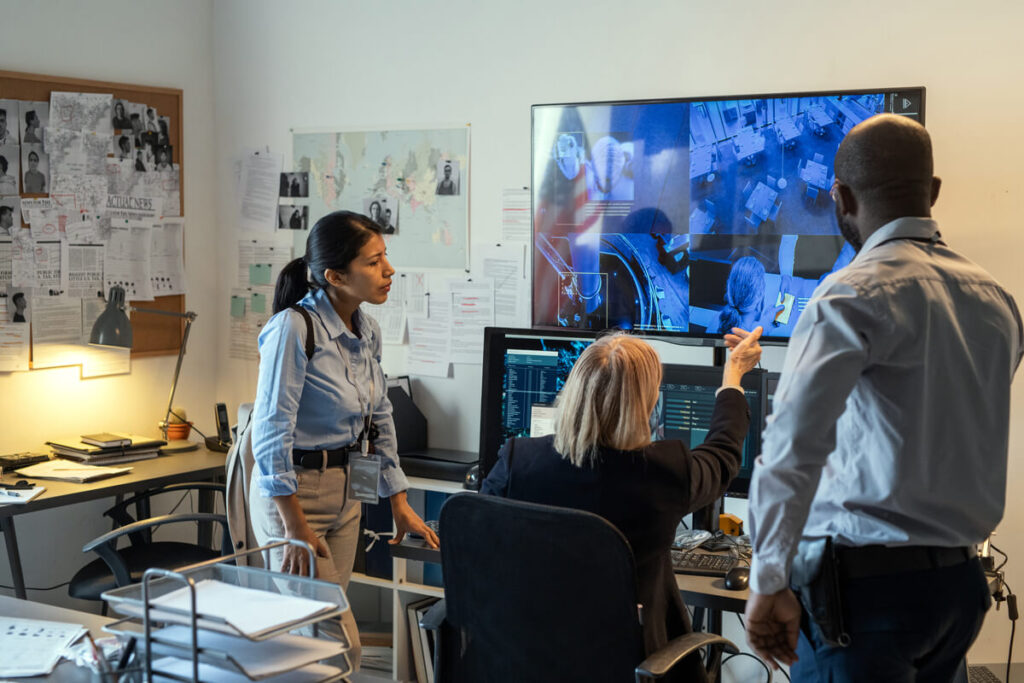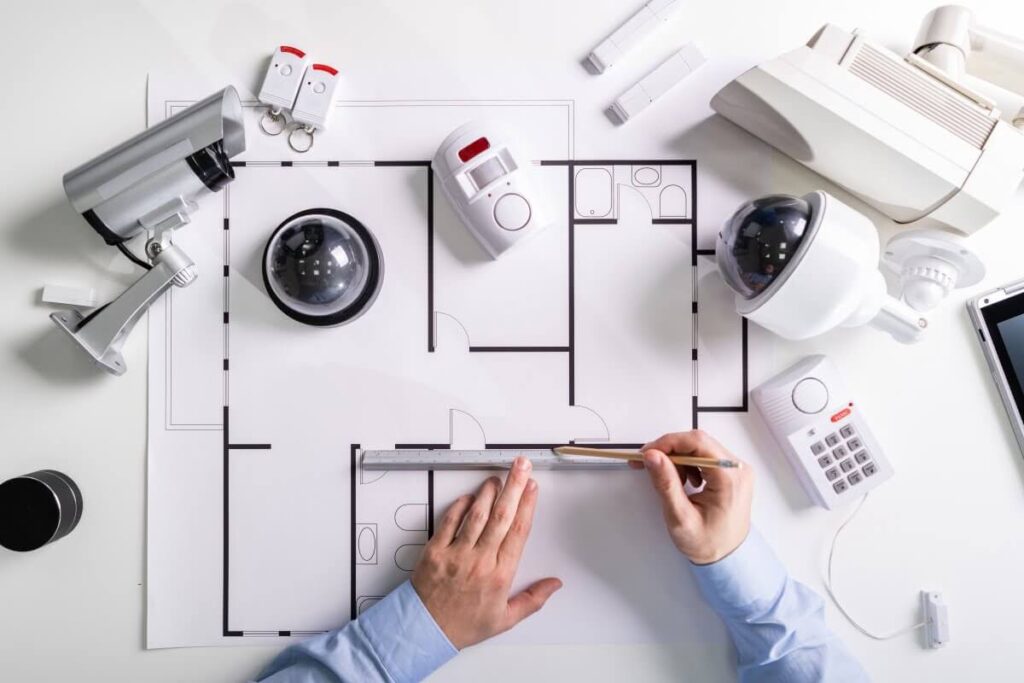Understanding the importance of commercial security
In an increasingly unpredictable world, the importance of commercial security cannot be overstated. Businesses face a myriad of challenges, ranging from theft and vandalism to data breaches and cyber threats. As such, investing in robust security measures has become essential. A well-rounded security approach not only safeguards physical assets but also protects sensitive information and enhances overall business integrity.
The role of commercial security solutions in today’s businesses extends beyond mere protection. It fosters a sense of safety among employees, clients, and stakeholders. When individuals feel secure, they are more likely to engage positively with the company, leading to increased productivity and morale. Moreover, a secure environment can be a compelling selling point for potential clients, reassuring them that their data and investments are in safe hands.
However, the cost of inadequate security measures is a heavy burden many businesses may not fully appreciate until it’s too late. Companies that skimp on security often face significant financial losses and reputational damage. For instance, a data breach can lead to costly fines and legal battles, while physical theft can disrupt operations and erode customer trust. Investing in the right security solutions can prevent these unfortunate outcomes.
Furthermore, the landscape of commercial security is continually evolving, driven by advancements in technology and shifting regulatory requirements. Businesses must stay ahead of these changes by adopting innovative security technologies such as biometric access controls, advanced surveillance systems, and AI-driven threat detection. These tools not only enhance security but also streamline operations, allowing companies to focus on their core activities without the looming fear of security breaches.
Additionally, employee training plays a crucial role in the overall security framework. Regular workshops and drills can equip staff with the knowledge to identify potential threats and respond appropriately. This proactive approach not only mitigates risks but also cultivates a culture of security awareness within the organisation. When employees understand the importance of security protocols, they become active participants in safeguarding the business, ultimately contributing to a more resilient and secure operational environment. Learn more about the business security systems for modern workplaces.
An overview of modern commercial security solutions
Modern commercial security solutions are comprehensive and designed to address various threats. They encompass a blend of physical and digital measures, tailored to meet the specific needs of a business. Understanding these solutions is vital for any company aiming to bolster its security posture.
Physical security measures for businesses typically include surveillance systems, access control, and alarm systems. These tools work synergistically to deter potential intruders and provide evidence in case of a security incident. For example, installing CCTV cameras can dissuade would-be criminals, while access control systems ensure that only authorised personnel can enter sensitive areas. Furthermore, the integration of motion sensors and advanced alarm systems can enhance the effectiveness of physical security, allowing for real-time alerts and monitoring. This layered approach not only protects physical assets but also instils confidence among employees and clients, knowing that their safety is a priority.
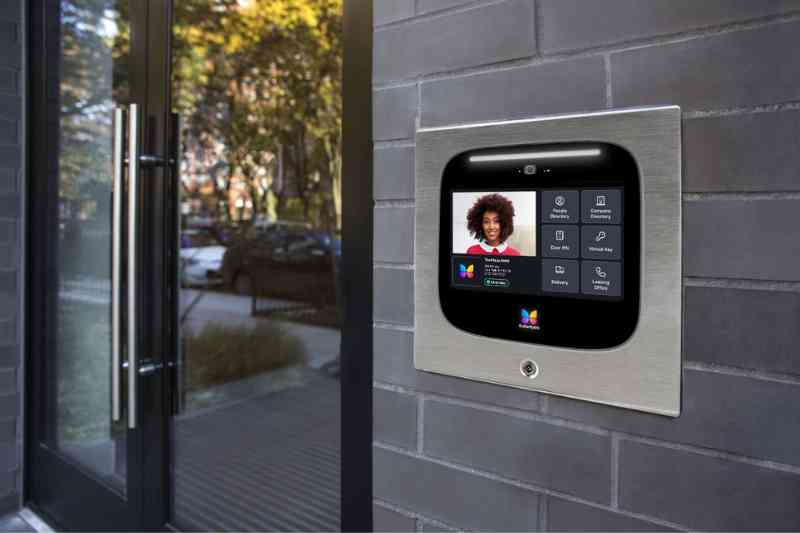
On the other hand, digital security solutions are crucial in safeguarding against cyber threats. Firewalls, encryption, and anti-virus software are just a few of the tools that help protect a business’s digital assets. Cybersecurity training for employees also forms an integral part of this solution, educating them on best practices and recognising potential threats. Additionally, businesses are increasingly adopting multi-factor authentication (MFA) and regular security audits to further strengthen their digital defences. By implementing these strategies, companies can not only mitigate risks but also ensure compliance with regulations, which is particularly important in sectors like finance and healthcare where data protection is paramount. The evolving landscape of cyber threats necessitates a proactive approach, making it essential for businesses to stay informed about the latest security technologies and trends to effectively safeguard their operations.
Evaluating the effectiveness of different security solutions
When it comes to security solutions, not all are created equal. Evaluating their effectiveness involves a clear understanding of the specific needs of your business. The criteria for assessing security measures should include the technology’s reliability, ease of integration with existing systems, and the level of ongoing support provided by the vendor.
Furthermore, it’s crucial to strike a balance between security needs and business operations. Overly strict security measures may hamper productivity and create a claustrophobic work environment. Engaging employees in the discussion about security can lead to solutions that satisfy both security requirements and operational efficiency.
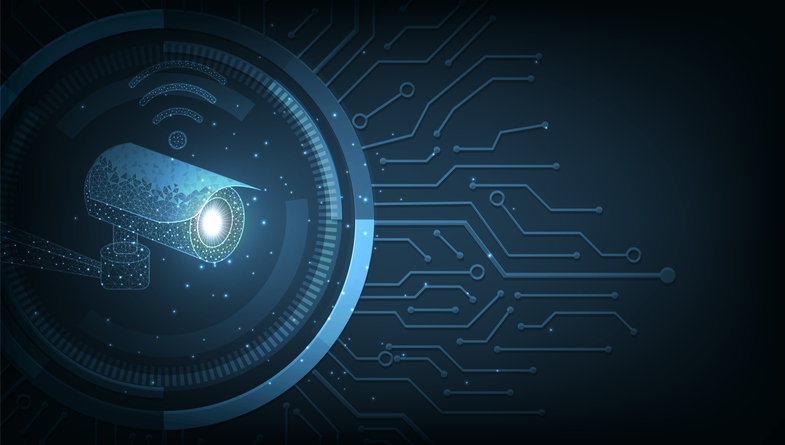
Implementing the right security solution for your workplace
Implementing the right security solution involves a strategic approach that considers the unique landscape of your business. Tailoring security solutions to your business needs starts with an in-depth risk assessment. This assessment should identify potential vulnerabilities and inform the types of solutions that would be most effective.
Once the needs are identified, following well-defined steps to successful security solution implementation is essential. This process often includes selecting the right technology, training staff, and establishing protocols for monitoring and responding to incidents. It’s worth noting that implementing a security solution is not a one-time effort but rather an ongoing process that requires revisiting and adjusting as the business and threat landscape evolve.
Keeping up with evolving security trends
As technology progresses, so do the methods employed by potential threats, making it vital for businesses to keep up with evolving security trends. The future of commercial security will likely be shaped by advancements in artificial intelligence, machine learning, and cloud security solutions. Such technologies can help in detecting and analysing threats more efficiently, enabling businesses to respond swiftly.
Staying ahead of security threats in the digital age also involves continuous education and training for employees. Regular workshops and updates on the latest security best practices can empower staff to be the first line of defence against potential breaches. Being proactive rather than reactive can make all the difference in maintaining a secure business environment.
In conclusion, investing in modern commercial security solutions is not just about protecting assets; it’s about creating a harmonious and trusting environment for everyone involved. By understanding the importance of security, evaluating available solutions, and implementing them effectively, businesses can navigate the complexities of today’s security landscape with confidence.
